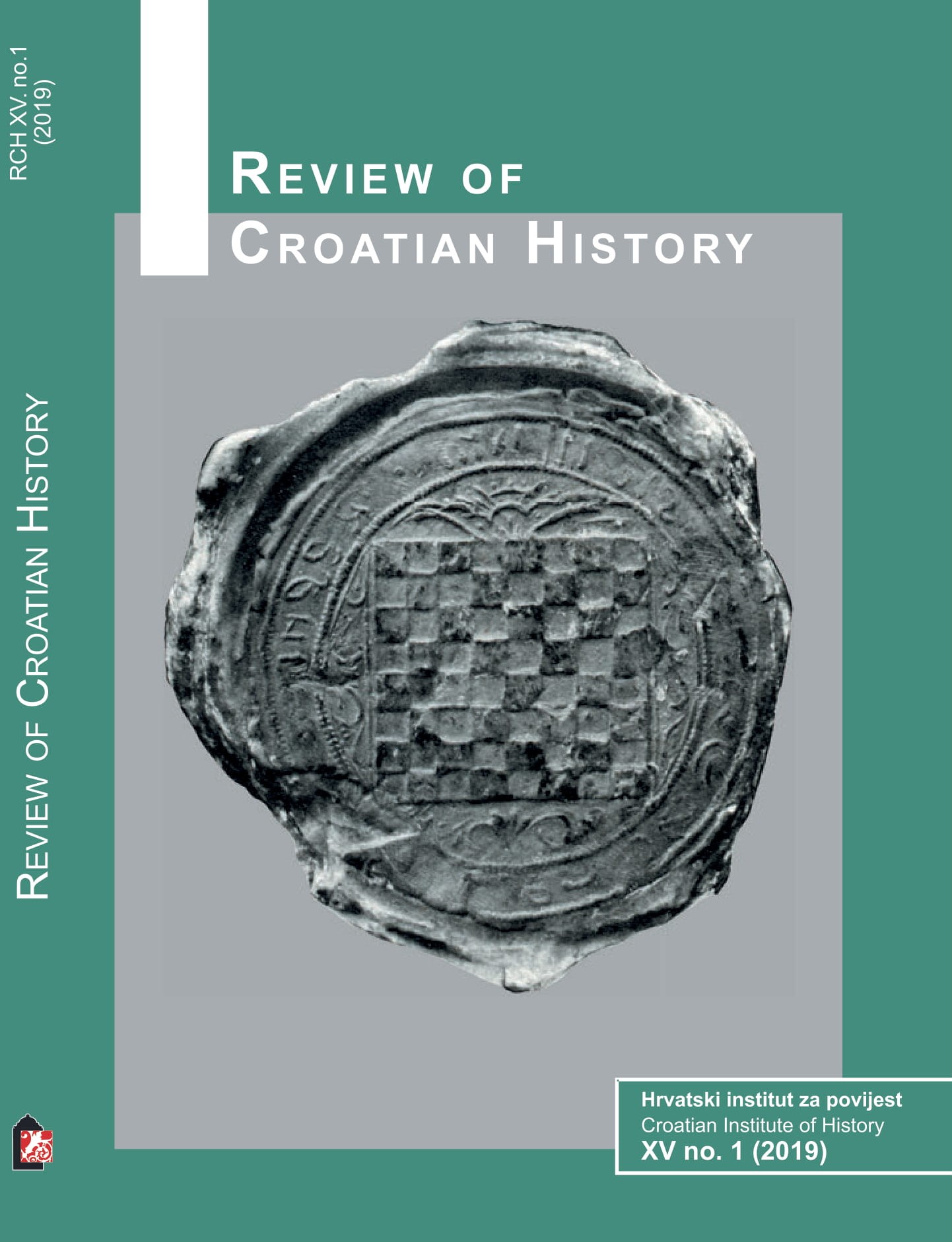ETHICS OF WORK AND DISCIPLINE IN TRANSITION: ULJANIK IN LATE AND POST-SOCIALISM
DOI:
https://doi.org/10.22586/review.v15i1.9803Keywords:
labour history, post-socialist transition, shipbuilding industry, Croatia, ethics of work, labour disciplineAbstract
The article examines the development of the work discipline and the ethics of work in the shipyard Uljanik in Pula considering the period from the 1980s up to now. Combining oral sources, archival documents, and factory’s magazines, one first conclusion is that in the framework of the self-management system labour discipline was certainly not severe, but neither absent. It was rather in the first half of the 1990s that work discipline vanished, before to be reinstated, in quite new forms, from the second half of the 1990s onwards. Secondly, the article shows how the workers-managers relations worsened in the post-socialist years. This caused a profound emotional detachment by the workers from their work and the factory. In the absence of the older ethics of work, and of a mutual respect between workers and managers (both directors and foremen), what seems to have remained for managing work and the workers is only contemporary labour discipline.
Downloads
Published
How to Cite
Issue
Section
License
Copyright (c) 2019 Review of Croatian History

This work is licensed under a Creative Commons Attribution-NonCommercial 4.0 International License.
The copyright holders are the Croatian Institute of History (as the publisher) and the authors.
The Review of Croatian History is an open-access journal. Its contents are freely accessible in their entirety. Users may read, download, copy, distribute, print, search, or put links to its material, and to change, reword, and process the material or use it in other legal ways, as long as they cite the original in the appropriate manner, in accordance with the Creative Commons licence CC BY-NC.
Works published in the Review of Croatian History may be deposited in institutional or thematic repositories, as long as the appropriate links to the web pages of the Journal and Hrčak (central portal of Croatian scientific journals) are made available.
The self-archiving policy is indexed in the Sherpa/RoMEO database, where it is visible that the journal allows the depositing of unreviewed (pre-print), reviewed (post-print), or publisher’s versions of the work.


